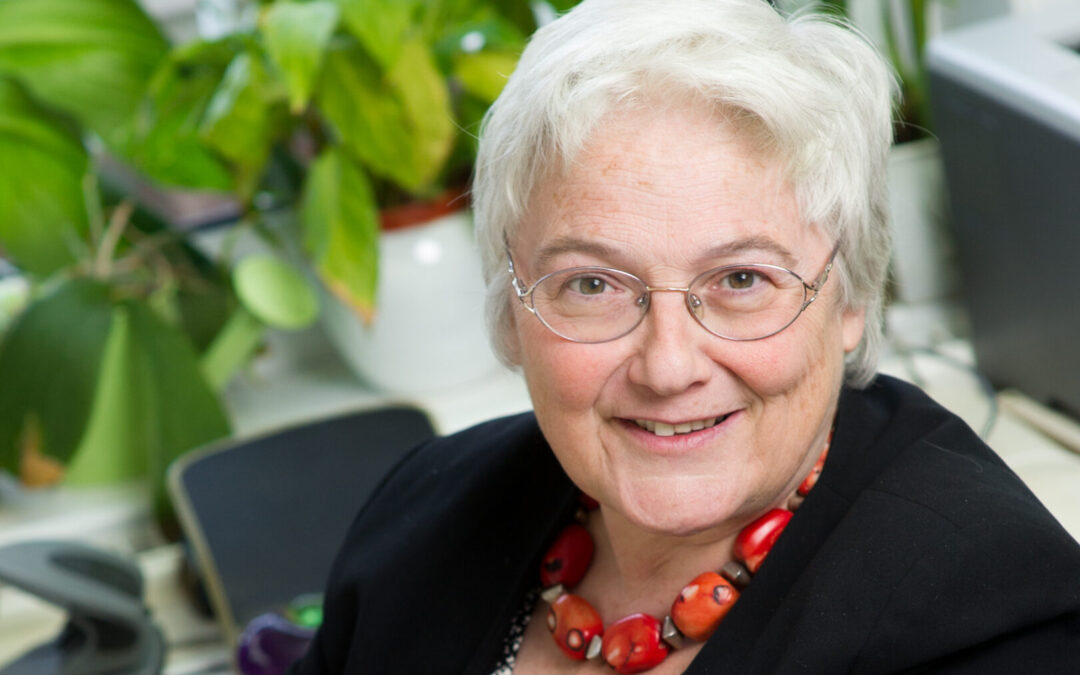
Professor Janet Treasure appears on BBC’s The Life Scientific
Professor Janet Treasure appears on BBC’s The Life Scientific
One of our leading clinical academics appeared on BBC Radio 4’s prestigious ‘The Life Scientific’ to talk about her groundbreaking career researching and treating eating disorders.
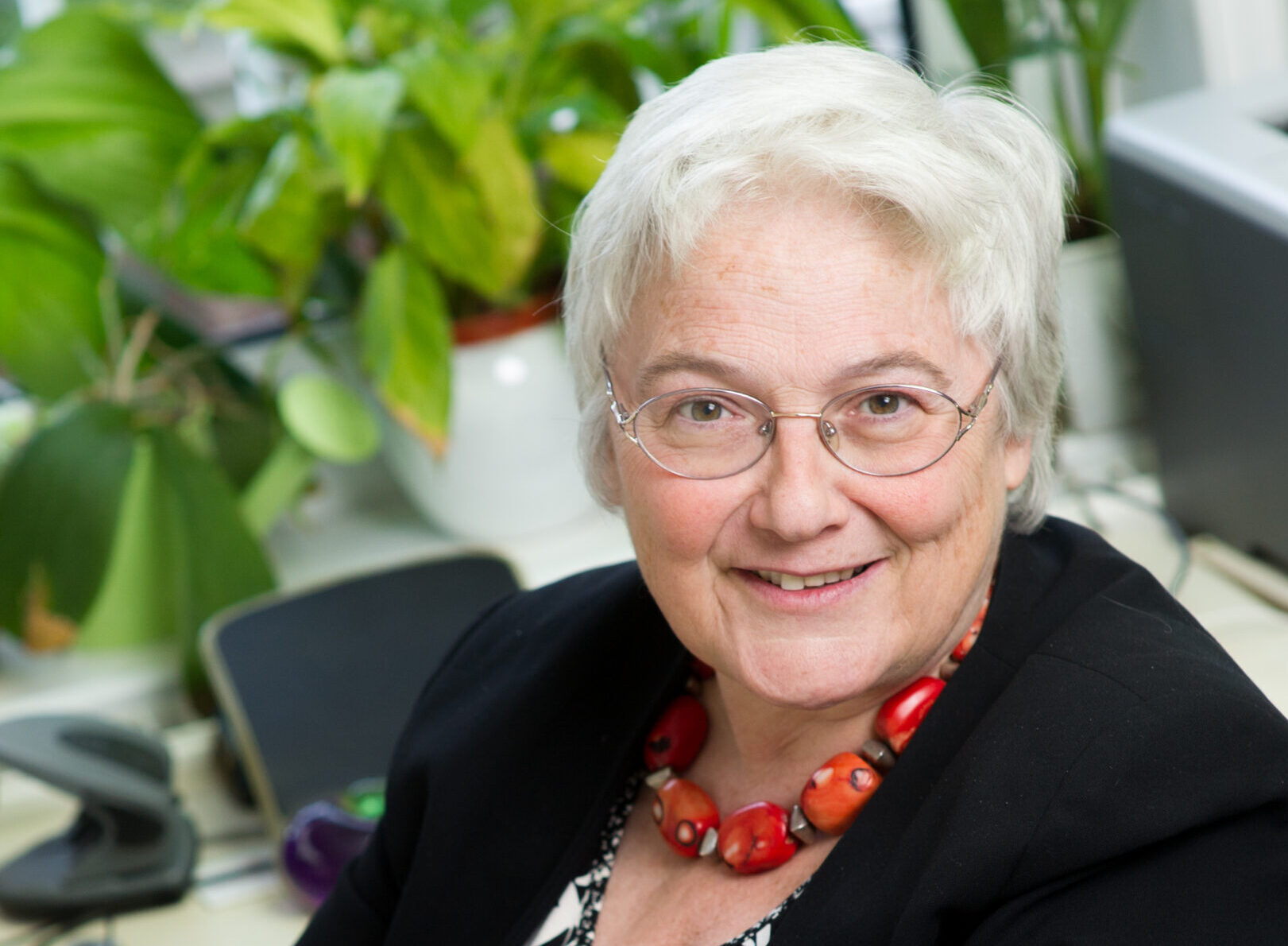
Professor Janet Treasure, scientist at the Institute of Psychiatry, Psychology & Neuroscience (IoPPN) and psychiatrist at the South London and Maudsley NHS Foundation Trust, was interviewed by The Life Scientific host Jim Al-Khalili on Tuesday 9 July.
Professor Treasure spoke about how she came to be one of the leading researchers looking into the causes and treatments of eating disorders and her work at the IoPPN and the Maudsley.
Treasure’s career has been dedicated to helping understand the root causes of eating disorders, understanding them as rooted in biology and genetics instead of just treating them as psychological disorders. She is also passionate about removing stigma in treatment, and spoke to Al-Khalili about how working with students has inspired her.
Treasure went on to discuss her groundbreaking study of twins with eating disorders, how the MEAD (Medical emergencies in eating disorders) guidelines for medical professionals are changing treatment in the UK, and her study into how ketamine may be an effective treatment for those with eating disorders.
Our experts, such as Professor Treasure, lead the world in approaches to mental health. Together, we host the largest group of mental health scientists and clinical academics in Europe – there is no other collaboration in the world with this breadth of skills and ambition. Through this unique partnership, clinicians and researchers will collaborate even more closely to find new ways to predict, prevent and treat mental health disorders. This will benefit children locally, nationally and across the globe.
Listen to the full episode on BBC Sounds
Categories
Follow Us
For the latest updates and news, follow us on our social channels.

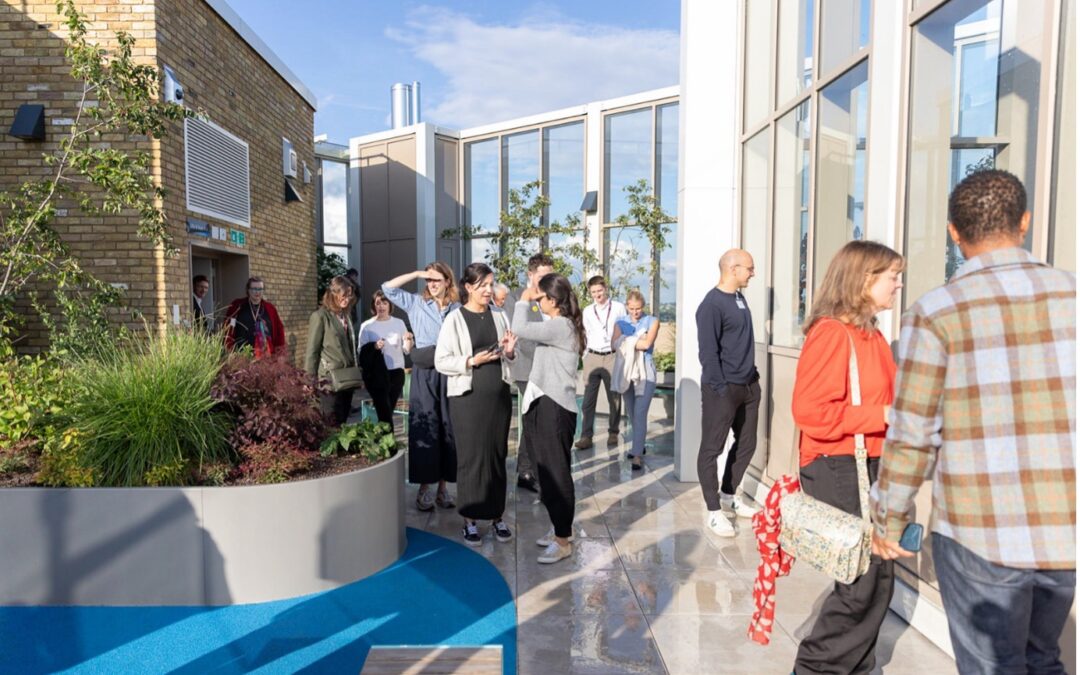

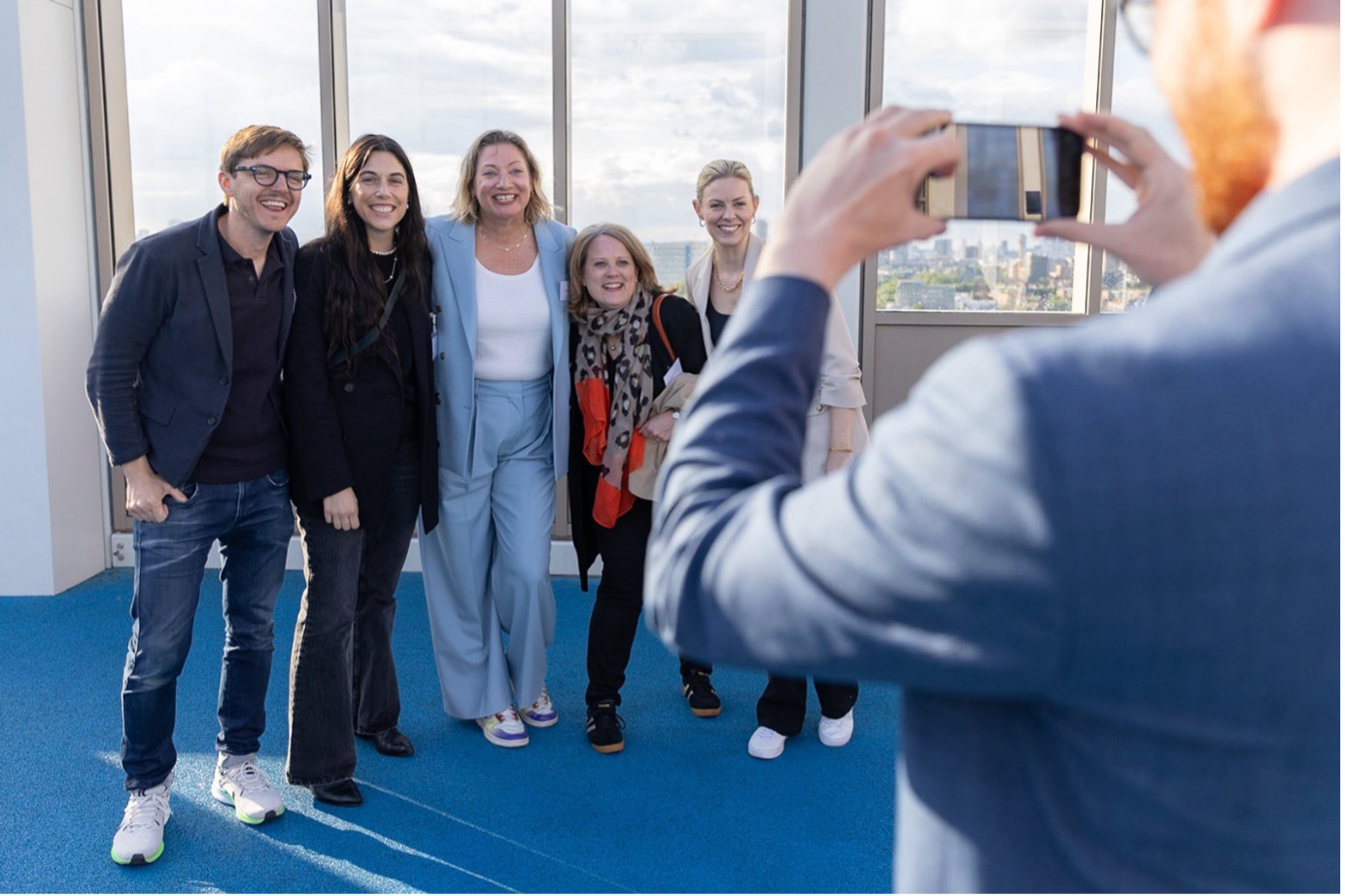
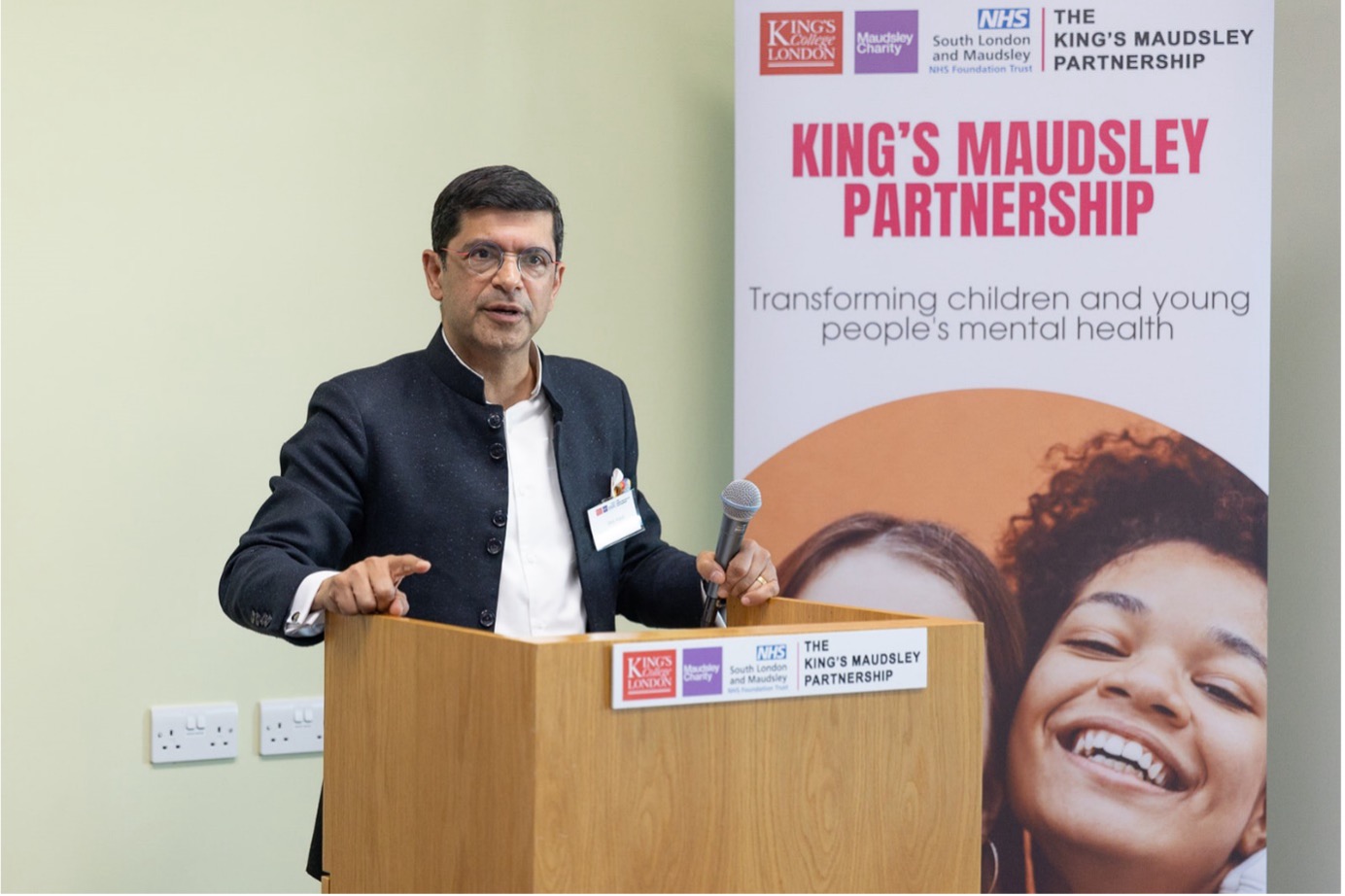






Recent Comments